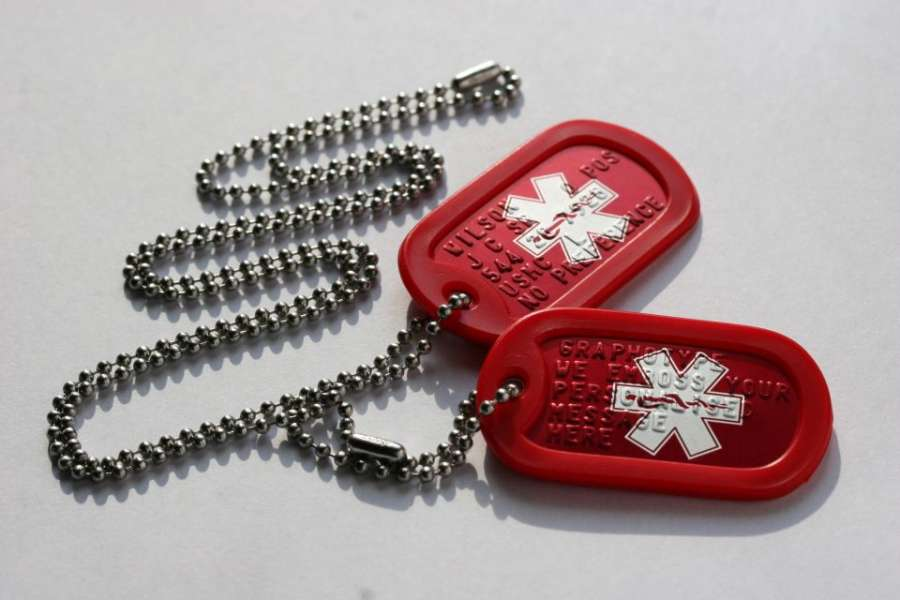When survival is all that matters, what everyday items would lose their worth completely? Many of the possessions we value today—luxuries, conveniences, and even certain tools—could become worthless in the harsh reality of a post-apocalyptic world. Paper money, stuffed animals, designer clothing, and even the simple toilet plunger stop having any real value after the end. We’re diving into 25 items that don’t offer much value – or are outright worthless – after an apocalypse.
25. Toilet Plungers

The basic household plunger loses its primary function when municipal water systems fail. Survivors discover these rubber tools offer limited uses in a world without running water and functional sewage systems. The rubber components deteriorate over time without proper storage, the wooden handles provide minimal salvage value for other tools, and the suction capabilities serve no practical purpose in primitive waste management systems. These once-essential bathroom tools become relics of pre-collapse sanitation.
24. Lawn Care Products

Fertilizers, herbicides, and grass care items become obsolete markers of suburban life. The chemicals in these products break down and lose effectiveness after their expiration dates, storage of liquid products requires valuable space better used for survival goods, and the specialized application equipment serves no practical purpose in a world focused on sustenance farming. These remnants of manicured lawns remind survivors of a time when aesthetic grass maintenance held importance.
23. Collectibles

Once-valuable collectible items lose their manufactured worth in the new survival economy. Trading card collections, figurines, and limited edition items hold no practical survival application, their artistic or sentimental value becomes secondary to immediate survival needs, and their preservation requires resources better spent on essential items. These carefully curated pieces transition from prized possessions to mere reminders of pre-collapse luxury.
22. Wax Melts

These fragrant home accessories become unused artifacts of domestic comfort. The scented wax requires electricity or flame to release its aroma, the decorative containers occupy space needed for survival supplies, and the fragrances attract unwanted attention in a world where stealth matters. These small luxuries stand as reminders of when people could focus on ambiance rather than survival.
21. Paper Money

Cash depends on a societal agreement for its value, which collapses without a functioning economy. Paper money may serve as kindling but holds no practical use compared to barterable goods like food or tools.
20. Cryptocurrency Wallets

Cryptocurrency requires an active internet connection and functioning servers to hold any value. Hardware wallets and digital keys become obsolete when the infrastructure supporting them collapses. Practical, physical resources take precedence over virtual assets.
19. Musical Instruments

Complex musical instruments become challenging to maintain without replacement parts and skilled repair technicians. Electric instruments lose functionality without reliable power sources, acoustic instruments suffer from environmental damage and lack of maintenance supplies, and the weight and size of larger instruments make them impractical for mobile survival. These carriers of culture require careful decisions about preservation versus practicality.
18. Make up

Cosmetic products transform into expired reminders of pre-collapse grooming standards. The chemicals in foundations, mascaras, and lipsticks break down and become unusable, their containers offer minimal practical value beyond small storage, and the specialized applicators serve no survival purpose. These personal care items mark the shift from aesthetic concerns to practical survival needs.
17. Stuffed Animals

Plush comfort objects lose their place as cherished possessions in the harsh new reality. The synthetic materials attract insects and rodents when stored, the stuffing deteriorates without climate control, and their bulk consumes valuable space in survival packs. These childhood companions become difficult choices between emotional attachment and practical necessity.
16. Medical Tags

Traditional medical identification items lose their relevance when healthcare systems collapse. The metal and plastic alerts cannot connect to nonexistent emergency services, the information becomes outdated without medical record systems, and the materials offer minimal survival value. These personal safety tools highlight the transition from institutional to community-based medical care.
15. Family Pictures

Physical photographs fade into fragile connections to the past without photo preservation materials. The paper and chemical-based images degrade in varying environmental conditions, digital storage devices fail without power sources, and the weight of photo albums limits their portability in survival situations. These cherished memories force difficult choices between preserving the past and focusing on immediate survival needs.
14. Credit Cards

The plastic payment cards transform into useless tokens of defunct financial systems. Digital banking networks cease to function without power and internet infrastructure, the magnetic strips and chips serve no practical purpose beyond basic scraping tools, and the cards themselves provide minimal material value even when melted down. These former wealth symbols represent the complete shift from digital commerce to physical bartering.
13. Office Supplies

Standard business items become irrelevant in a survival-focused world. Staplers and paper clips lose purpose without documents to bind, printer paper degrades without climate control, and ink pens dry out while pencils remain useful but non-essential. These workplace tools mark the end of administrative society.
12. Designer Clothing

High-end fashion items lose their status value in practical survival situations. The delicate fabrics deteriorate without proper cleaning and storage, specialized care instructions become impossible to follow, and impractical designs hinder necessary physical movement. These luxury garments give way to durable, functional clothing choices.
11. Digital Watches

Smart timepieces cease functioning as their batteries die and charging becomes impossible. The complex circuits offer no salvage value, the screens crack without replacement options, and the advanced features become useless without network connectivity. These technological accessories revert to simple scrap materials.
10. Air Fresheners

Commercial fragrance products lose purpose in basic survival environments. The chemical sprays expire and lose effectiveness, plug-in devices become worthless without electricity, and their storage space offers more value than their contents. These household fresheners represent forgotten domestic comforts.
9. Gaming Consoles

Entertainment systems become technological relics without power infrastructure. The complex electronics provide minimal salvage opportunities, the plastic casings offer little practical use, and the game libraries become unreadable without functioning hardware. These leisure devices mark the shift from digital to physical recreation.
8. Car Accessories

Decorative vehicle items lose relevance as fuel supplies dwindle. The chrome trim pieces provide minimal scrap value, the seat covers deteriorate without climate control, and the ornamental additions weigh down vehicles that need efficiency. These automotive luxuries will ultimately yield to practical, pure transportation functionality.
7. Curtains

Decorative window coverings transition from home decor to potential survival materials. The fabrics serve better as clothing patches or bandages, the rods offer minimal use as basic tools, and the delicate materials deteriorate quickly in harsh conditions. These household basics find new purpose through desperate innovation.
6. Plastic Plants

Artificial foliage items become worthless space-takers in survival situations. The synthetic materials attract dust and deteriorate in sunlight, the decorative pots serve better for growing real food, and the fake greenery provides no practical benefit. These decorative pieces symbolize the shift toward functional resource use.
5. Vacuum Cleaners

Electric cleaning devices become obsolete without consistent power sources. The motors contain minimal salvageable metal, the plastic components break down without replacement parts, and the specialized attachments serve no practical purpose. These household machines demonstrate the return to basic cleaning methods.
4. USB Drives

Small data storage devices become technological paperweights in the collapsed digital world. The sealed electronic components offer no practical salvage value, the small size makes them easy to lose in survival situations, and the stored data remains inaccessible without functioning computers. These pocket-sized memory banks represent lost information in the post-digital age.
3. Coffee Makers

Automated brewing machines join the ranks of abandoned kitchen appliances. The specialized parts provide minimal practical use beyond basic metal scrapping, the water reservoirs crack and grow bacteria without regular cleaning, and the filters become scarce resources better used for water purification. These morning ritual machines mark the transition to simpler food and drink preparation.
2. Hair Dryers

Electric styling tools lose purpose in a world without reliable power. The heating elements offer minimal metal salvage value, the plastic shells crack and deteriorate over time, and the specialized components serve no practical function in survival situations. These personal care appliances symbolize the shift from appearance maintenance to basic hygiene.
1. Wifi Routers

Finally, we have network broadcasting devices, that also become silent boxes in the powerless wasteland. The delicate internal circuitry provides minimal salvage beyond basic copper components, their constant need for electricity makes them useless without power grids, and their specialized antennas serve no practical purpose in a world without digital signals. These once-essential internet hubs mark the end of instant global communication.
